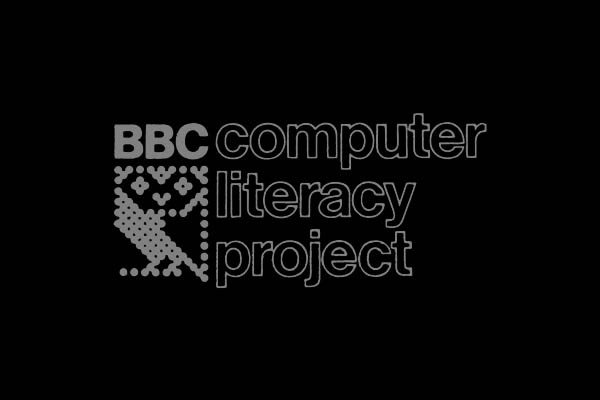In what can only be described as an example of insanity, I mentioned previously my intentions to cover the BBC archive of television programming from the BBC Computer Literacy Project of the early and mid 80’s, and at this stage I think I’m ready to begin tackling this mighty challenge.
The BBC archive of programing makes it incredibly easy to keep track of what programs aired when, and even what subjects were covered and programs shown! One thing I hate is that, unlike other shows I’ve covered, archived videos are not easily presentable here, so at the end of each article there will be a link to the given episode page for that particular program being discussed.
Otherwise this will follow rather typical coverage for me, much like how I provide my own thoughts on episodes of Bits and Bytes or The Computer Chronicles, this will be much of the same. I’m doing this, if you are wondering, because I absolutely love the early days of home computing.
This should be obvious from my coverage of the above mentioned shows, but the computer scene in the United Kingdom was a completely different scene in many ways compared to North America – far more homegrown computers, for one. For another a video game crash that happening in the United States in 1983-1984 didn’t really have an effect on the UK (although they did have their own home micro crash, which is it’s own subject for discussion), and on a whole the entire scene is just more interesting – American computers did make it across the pond, but not so much the other way around, so you get a strange mix of more familiar American machines competing against the homegrown Sinclair and Acorn machines.
Of course, as an American (and one who was born well in the middle of this chain of events, no less) I’ve only learned of this project, and the British computer revolution from other YouTubers and discussions on computer history – these machines are scarce here in the states, and are virtually never mentioned or even known by anyone beyond others who have an interest in old computers.
Much like The Computer Chronicles and Bits and Bytes this article series will get its own section on the site, so you can follow that page here if you wish.
Lastly, of note, is that I intend to follow this all chronologically. While my sharing of Computer Chronicles episodes is scattered to what catches my interest at the time, I feel the best way to cover the BBC Computer Literacy Project programs is to actually discuss them in order, showing the evolution of the home computer scene and how the UK actually took to these machines through the years.
In looking over a few shows, I’m quite certain that I can do this, and I think I’ll have quite a bit of fun in the process. I’m also hoping to learn a great deal during this, and I hope you will join me in the upcoming months and, I’m certain, years as I take “An American Look at the BBC Computer Literacy Project!”

By the way, for those curious, yes, it’s pronounced “Zed Eks” Spectrum. If you don’t know what I’m talking about now, you will soon enough.
